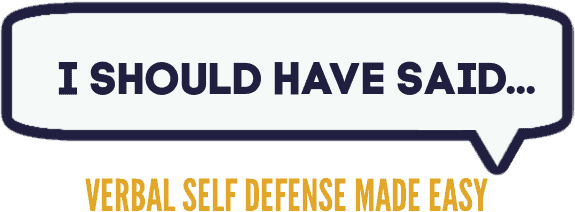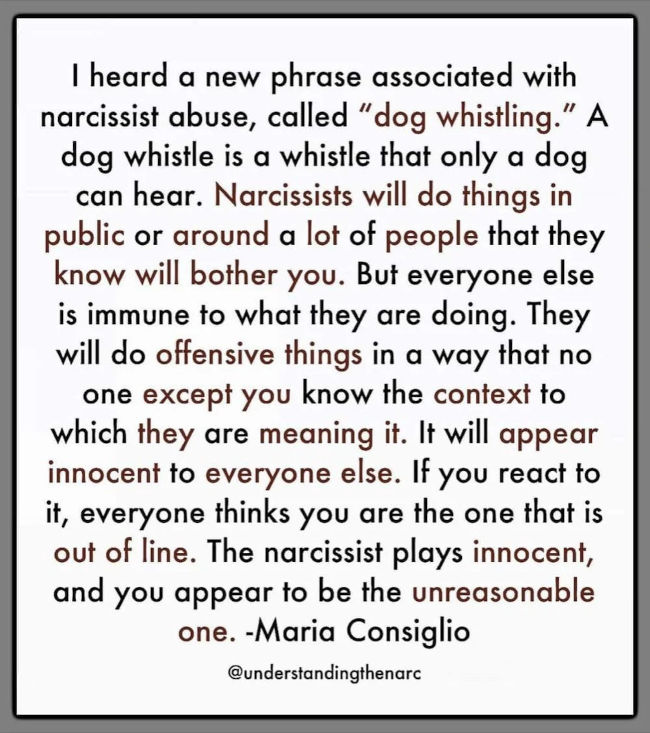Understanding Personal Questions
Bianca was caught off guard when someone asked her a personal question in front of five strangers. She felt uncomfortable and embarrassed, not wanting to share such personal information with people she didn’t know. It was awkward because she didn’t want to come across as rude or uncooperative.
The five strangers really didn’t need to know how much she earned, so she tried to deflect the question.
What is a personal question?
A personal question is information that people may not know about you, for example, your opinion about a colleague, who you voted for, and whether or not you have a significant other. Some of these questions can make you feel uncomfortable and it may feel like there is an invasion of your privacy.
Some other personal questions that people are commonly asked are about salary, sexuality, relationship status, health issues, or a personal political point of view.
Why do people ask personal questions?
People ask personal questions for many different reasons. Some folks are simply curious about you and your life and want to get to know you at a much deeper level. Other folks may be trying to build trust with you or establish a personal connection. In some situations, personal questions are used as a tool to assert power or try and control the person being questioned.
Remember that not all personal questions that people ask are considered intrusive. Family and close friends want to know about your life and support you. Always consider the source when sharing information, if you have a toxic family member you are going to want to filter what you share.
It is important to remember that you have no obligation to answer any personal question that you feel is an invasion of your privacy.
Dealing with intrusive personal questions

Personal questions can make you feel uncomfortable and make you feel like you are being interrogated. You can use diplomacy and shut down these situations gracefully. Here are a few of our best tips on shutting down personal questions.
Deciding Whether to Answer
You have the right to decide if you want to answer a personal question. If the question feels invasive or you feel uncomfortable answering you should feel comfortable saying no. There are certain details of your life that should remain private and aren’t anyone’s business.
A friend of mine attended a work lunch for staff from a large organization. In front of ten people, a colleague asked my friend if he was gay. Everyone stopped and stared, Jason felt incredibly uncomfortable at being singled out and asked a personal question in front of people he didn’t know very well.
He isn’t gay and responded accordingly. Several people at the table jumped in to support him because they could sense how awkward he felt being singled out and being asked for personal information in front of a group.
After lunch, everyone in the office was talking about the incident because asking a personal question publicly is in such bad taste.
Polite Ways to Decline to Answer

There are polite ways to shut down a conversation with a nosey person. Here are a few diplomatic things you can say:
- That topic is not open for discussion.
- That’s a personal matter that I am not comfortable talking about.
- Thanks for asking, but I am not comfortable answering that question.
- I’d rather not get into that topic right now.
Try to remain calm and composed when you decline to answer an intrusive question. You have no obligation to explain why you are not willing to answer or divulge information. With certain folks, refusing to talk about something will be more challenging than with others. You can shut down questions tactfully, and decline in a respectful manner to maintain your privacy and to set boundaries.
More posts you might like
- Funny things to say to someone who asks a personal question
- Top ten comebacks for nosy people
- More comebacks you might like
Effects of personal questions
Most of the time invasive personal questions leave people feeling uncomfortable, embarrassed, or anxious.
Impact on Relationships
Once someone has interrogated you and crossed a boundary, you may feel differently about the person going forward.
If your coworker asks a personal question about your salary, there may be tension if they find out that you earn more than they do. It also puts you in an awkward position if they reveal what you have shared, and demand a raise from your boss.
Effects on self-esteem
When people are asked personal questions it can negatively affect their self-esteem. Many people have things they are sensitive about, that they don’t even want to discuss with their family.
Joanie was naked by her aunt, “Have you gained weight, you look fatter?” It left Joanie feeling ashamed and embarrassed about her weight, which has always been a sensitive topic.
We never know how people are really doing, and demanding an answer to a personal question on a sensitive topic leaves people uncomfortable and negatively affects their emotional well-being.
Case studies of handling personal questions
You will probably be asked personal questions in both your personal and your professional life. Some folks will have no trouble answering while others will become tongue-tied. We have included a couple of case studies on answering personal questions.
Case Study 1: Dealing with Salary Questions
In many cultures, it is inappropriate to discuss salaries, and in some companies, it is actually a violation of company policy. A common question in a job interview is your salary expectations, so be prepared to answer the question.
Often candidates can acknowledge the question but deflect to answer in the early stages of the interview process as a negotiation tactic. You could say, “Once we’ve determined that I am the ideal candidate, and we want to move forward, I am happy to discuss salary expectations. You have answered the question and can prepare for an in-depth answer if you are the ideal candidate.
Case Study 2: Responding to relationship status questions
Some folks don’t like to share their personal information at work and don’t want to answer are you married and do you have a boyfriend or girlfriend questions.
You could politely reply, “I prefer to keep my personal life separate from my professional life, but thank you for asking.” That may put your coworkers off and it may be easier to give a simple yes or no answer.
Case Study 3: Handling personal crisis questions

At some point in time, we all go through a personal crisis such as a divorce, an illness, or a challenging parenting situation. When you are going through a trauma, you most likely are not going to want to talk about it. If your work is negatively affected, you most likely will want to share with your supervisor or close colleagues what is going on.
You could say “I’m going through a challenging time in my personal life right now, and I’m doing my best to manage it. If I feel like my work is being affected, I’ll be the first to let you know, but otherwise, I’d prefer to keep the details private between us.”
The best way to handle the situation is to be a hostess and direct but still maintain your privacy. Your supervisor doesn’t need to know the juicy details of what you are going through.
At the end of the day, dealing with personal questions can be challenging, but remember you are important and you have a right to privacy. You can answer questions without violating personal boundaries while being polite and diplomatic.
The Role of counselling and self care
I Should Have Said Media will earn a commission after clicking links on this page at no additional cost to you. Learn more.
When you are dealing with a fake friend can be stressful, consider getting support from a professional. Talking to a counsellor is a great way to work through a challenging situation, and help you find some strategies to work through the person’s behaviour.
Better Help is a great resource where you can talk to a counselor from the comfort of your own home.
Taking care of your own needs isn’t selfish, and you will feel better in the long run.








